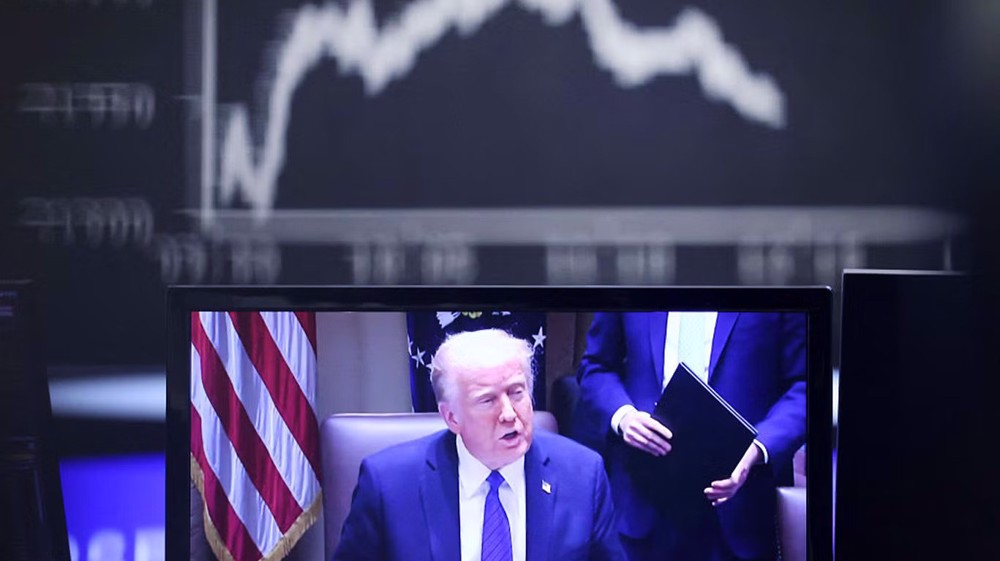Opponents of Iran deal received millions from pro-Israel donors: Report
Republican opponents of a framework agreement with Iran received millions in campaign donations in 2014 from pro-Israel billionaires and other influential American donors, according to a report.
Republicans, now in control of both chambers of US Congress, are more ardently pro-Israel than ever before as they collected more money during the 2014 election from individuals and political action committees considered pro-Israel than their Democratic counterparts, the New York Times reports, citing data compiled by the Center for Responsive Politics.
The GOP opponents of the nuclear talks are echoing concerns by Israeli Prime Minister Benjamin Netanyahu, who warned American lawmakers in a congressional address early last month that the White House was negotiating “a very bad deal” with Iran.

Sen. Tom Cotton, who earlier penned a warning letter to Iran in a bid to undermine the administration’s efforts in the nuclear talks, swiftly denounced the framework agreement reached on Thursday between Iran and the P5+1—the US, Britain, France, Russia, China and Germany.
Cotton has vowed to block the outline which he described as “a list of dangerous US concessions that will put Iran on the path to nuclear weapons.”
The freshman Republican from Arkansas received huge sums from pro-Israel donors in 2014.
The Emergency Committee for Israel, led by William Kristol, editor of the conservative Weekly Standard, contributed $960,000 to Cotton’s campaign in the 2014 election cycle, while a firm associated with Paul Singer, a leading pro-Israel donor from New York, spent $250,000 to support him.

Seth Klarman, a pro-Israel billionaire from Boston, donated $100,000 through his investment firm.
Republican Sen. Lindsey Graham of South Carolina, a fierce opponent of diplomacy with Iran, also saw his donations from pro-Israel billionaires rise to $285,000 in 2014 from less than $100,000 in the 2008 cycle.

Political donors acknowledge that campaign spending is at least partly responsible for inspiring strong support for Israel in the Republican Party.
“Absolutely, it is a factor,” Marc Felgoise, who manages the Philadelphia Israel Network, a campaign fund-raising group, told the Times. “They are trying to cater to people who are ultimately going to support them.”
“The very, very limited set of people who do their politics simply through the lens of Israel — that small group is tilting more heavily Republican now,” Jeremy Ben-Ami, president of J Street, a nonprofit pro-Israel advocacy group, told the Times.
“But it is dangerous for American politics as too many people do not understand that of the six million American Jews, this is only a handful,” he added.
HRJ/HRJ

US revokes another university student visa ‘without explanation’

Microsoft employees disrupt 50th anniversary event over AI-assisted Gaza genocide

Trump tariffs led to a $2.5 trillion wipeout for the US stock markets
Nigerian security agents plan fresh attacks on followers of Sheikh Zakzaky in Abuja: Report
Bill to seize mosques in India gains presidential assent
Over 600,000 children in Gaza at risk of ‘permanent paralysis’: Ministry
VIDEO | US, Europe anti-Trump protests
Yemen accuses US of targeting civilians in Eid airstrike
VIDEO | US bombing campaign fails to deter Yemen
Hamas calls for mass participation in general strike in West Bank
Europe standing on wrong side of history by appeasing Israel: Iran







 This makes it easy to access the Press TV website
This makes it easy to access the Press TV website